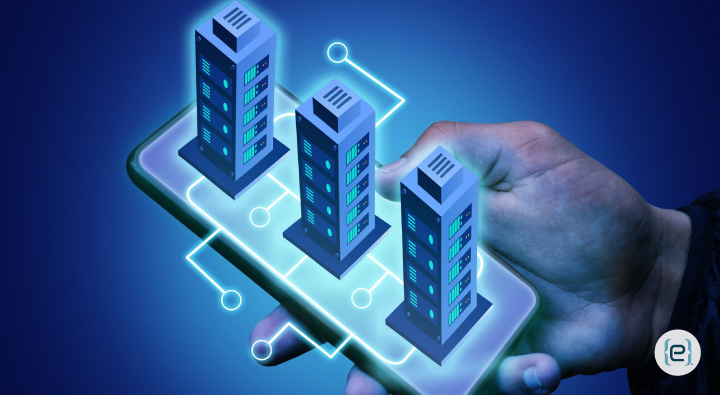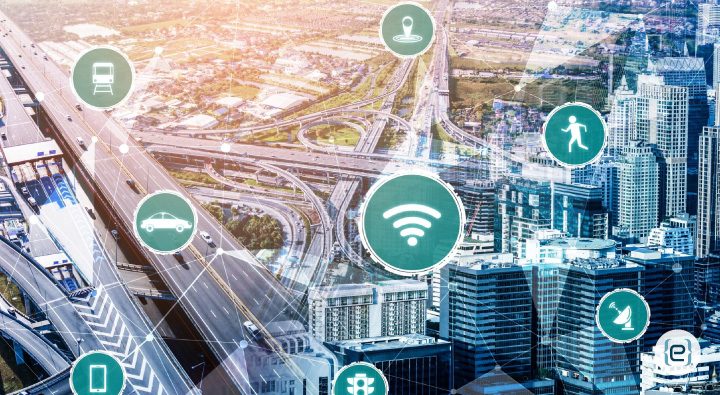Understanding the Smart City Ecosystem
Urbanization is one of the key megatrends of our lifetime, especially with the rise of smart cities. These cities connect environments like never before, using technologies such as IoT (Internet of Things), Cloud Computing, AI, and Big Data to enhance living standards. From traffic management systems to energy grids and public safety networks, smart cities operate as cohesive urban organisms. However, this enhanced connectivity brings new cybersecurity problems. Protecting these systems is critical to prevent disruptions, data exposure, and potentially even life-threatening situations.
The Demand for Cybersecurity in Smart Cities
Smart cities integrate multiple systems to manage functions such as transportation, power, water supply, healthcare, and public safety. These systems often rely on real-time data exchange and cloud platforms for monitoring and control. However, the integration of smart cities also presents opportunities for cybercriminals to infiltrate and compromise through new attack vectors.
For instance, a cyberattack on a smart city could disable critical infrastructure, such as electricity grids or transportation networks, causing widespread chaos and threatening lives. Therefore, strong cybersecurity protocols are essential to ensure the confidentiality, integrity, and availability of city systems.
Challenges in Securing Smart Cities
- IoT Vulnerabilities: Smart cities collect data via IoT devices like cameras and sensors. Many of these devices lack encryption or authentication mechanisms, providing potential backdoors for attackers.
- Data Privacy Issues: Smart cities gather vast amounts of data, including personal information. If compromised, this data can lead to privacy violations and identity theft.
- Complex Infrastructure: The ecosystem involves government agencies, private sectors, and public services. This complexity makes managing security policies challenging, with potential vulnerabilities in coordination.
- Ransomware & Cyber Attacks: Infrastructure systems like power grids are attractive targets for ransomware. Hackers can hold these systems hostage, demanding ransom for service restoration.
- Supply Chain Risks: Smart cities require multiple vendors for hardware and software. If any part of the supply chain is unprotected, it can create a domino effect, compromising trusted components.

Real-World Smart City Cyberattack Case Studies
The need for cybersecurity is evident, as various cities have experienced cyber incidents:
- Atlanta, USA: Ransomware attacks targeted municipal systems, paralyzing court systems and utilities.
- Triton Malware (2017): Attackers attempted to breach safety systems at a Saudi Arabian facility, highlighting the lethal potential of cyberattacks.
- Ukrainian Power Grid (2015): A cyber incident disrupted electricity delivery to hundreds of thousands, demonstrating threats to critical infrastructure.
These examples illustrate the dangers facing real-world smart cities and underscore the need for actionable security measures.
The Role of AI in Securing Smart Cities
AI plays a crucial role in enhancing smart city security against cyber-attacks. Here are five ways AI-powered security systems can help:
- Conduct real-time deep-packet analysis of network traffic to identify thousands of threats.
- Take immediate, automated actions to limit attacks before they cause serious damage.
- Analyze historical data and attack patterns to predict potential vulnerabilities.
- Implement advanced security through smart surveillance cameras with facial recognition capabilities.
- Monitor public infrastructure to ensure systems remain operational and secure.
By leveraging AI, smart cities can enhance their cybersecurity posture and protect their citizens more effectively.
In conclusion, securing smart cities requires a comprehensive approach that incorporates advanced technologies and robust cybersecurity protocols. As urban environments become increasingly interconnected, the importance of safeguarding these systems cannot be overstated. Contact eMazzanti today to learn how we can help secure your smart city infrastructure and protect your community.







